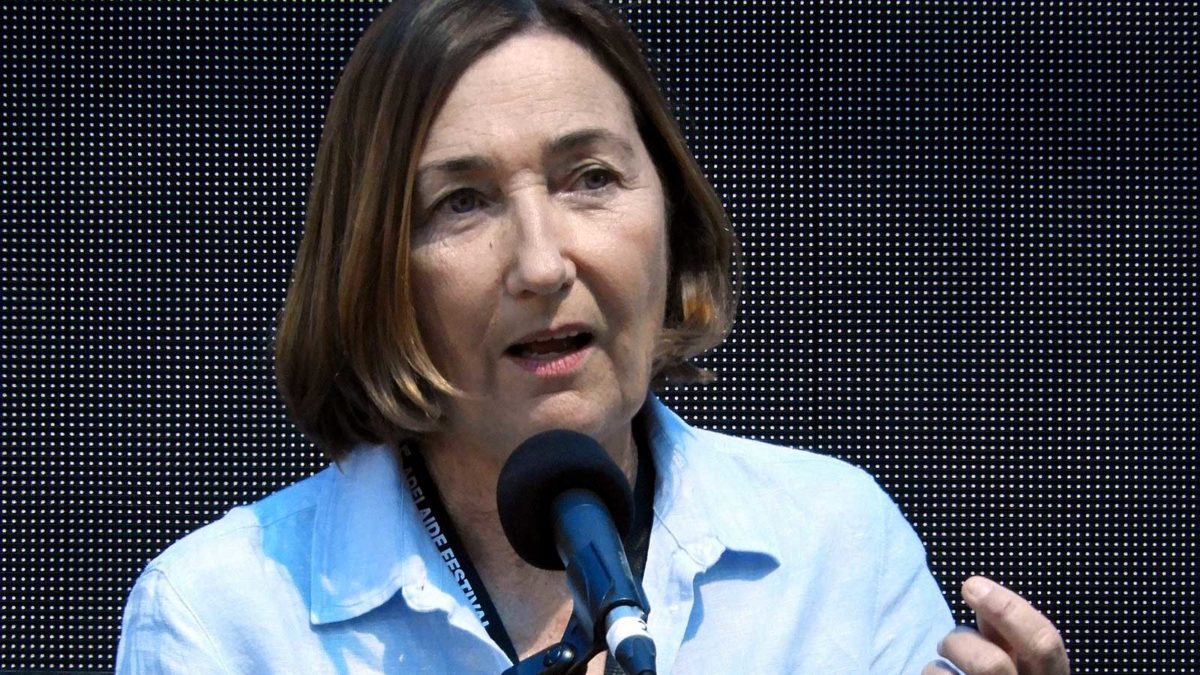Climate: where long-termism meets the short term
Supported by record retail inflows, ESG-focused investing has, finally, become ‘the norm’, according to panelists at least two of the sessions at last week’s (August 31-September 2) AIST ASI conference.
But one of the interesting, most recent, trends within this trend, is how climate change action and inaction has given a very short-term focus to what has generally been linked to investors taking a more long-term approach with their strategies.
Climate-related investments are driving the retail flows, according to the four most recent Morningstar reports for Australian and NZ fund flows, for 2019 and 2020, and more than 50 per cent of the money raised for impact investing in the US institutional market last year went into climate-related tech or transition companies, according to Tideline, a US consultant and researcher in the space.
Marian Wilkinson summed up this trend within a trend at the ASI conference. The journalist and author of ‘The Carbon Club’ said: “Certainly, ESG cannot be seen as an add-on [to investment strategies]. Where I disagree [with her fund manager co-panelists} is that I think it’s really short term. For all the people I talk to about climate… You have this decade only. Otherwise, the world’s in serious trouble.”
She said that the COP26 conference, to be held in Glasgow from October 31-November 12, the participants would not be talking about 2050; they would be talking about 2030.
“In Australia we haven’t come to groups with that, on either side of politics, or the majority of corporates either… In future, oil and gas companies will be smashed unless they can offset their emissions.”
Wilkinson’s message to corporations was: “Start thinking about how you get it right this decade. You will have a plethora of legal cases coming your way.”
Her co-panelists were ESG expert managers, Richard Lacaille at State Street in the UK and Saker Nusseibeh, the chief executive for international business at Federate Hermes, also in the UK. Moderating their session was Mary Delahunty, the head of impact at HESTA.
Nusseibeh said there was still a belief that ESG investing was separate from the mainstream. “The key to it is long term. It demands that you do this. The other thing is stewardship of the assets, not just to own the assets. To our mind it’s not about values, it’s about the fundamentals of investments.”
Lacaille said that while ESG was an important determinant of future returns, investors still wanted to seek returns while expressing their values.
“Investment managers are undergoing a generational shift. ESG is complicated and aligned with long-termism… For policymakers, ESG is also complicated because disclosures are not mandatory or standardised.”
One of the many complications to do with transitioning to net-zero is what to do with so-called ‘stranded’ assets. Wilkinson predicted that some companies – naming Glencore as an example – would try to “push it to the limit to see how much money they can get out of it while it lasts”.
We’re indebted to Frontier’s Joey Alcock, the chair of its Responsible Investment Group, for the latest term being used by the in crowd of the ESG world – ‘brown spinning’. It refers to the rush to get rid of assets while they’re still emitting.
(Drop it into a conversation and watch the reaction, preferably after explaining what ‘rainbow washing’ means.)
Alcock was one of four panelists at a separate, plenary, session called ‘Global Action on Net-Zero’. The others were Jade Huang, ESG portfolio manager at Calvert research and Management in the US, Jillian Reid, senior sustainable investment specialist at Mercer, and Jason Steed, a managing director and head of equity research at J.P. Morgan.
Alcock said that, so far, more than 140 countries, representing about 70 per cent of the world’s carbon emissions, had made some kind of pledge to reduce their emissions by a certain date.
“It’s very important that we set interim targets, such as 2030,” he said. “That’s in this investment cycle…. Super funds and corporates are following countries and setting their targets.”

Mercer’s Jillian Reid said that the transition to net-zero would present the greatest risks and opportunities in the short and medium-term. “The transition is already underway,” she said. “Markets are responding. This environment is giving companies and governments the confidence to make decisions.”

Calvert’s Jade Huang said the long-time specialist manager, now a part of the Eaton Vance group owned by Morgan Stanley, looked for companies which were leading the transition to net-zero. “They have both 2040-2050 targets and clear interim targets,” she said.
In another implied criticism of index-focused investing – such as what is integral to APRA’s new performance test for super funds – comes from the application of climate-related deviations from the Australian indices.
While not mentioning APRA’s test, roundly criticised last week for being flawed and ultimately damaging to members’ long-term interests (see separate reports this edition), Huang said that if Australian investors excluded BHP from their portfolios they add a full 2 per cent to their portfolio’s tracking error.
While generally providing a more upbeat commentary at the conference, pointing to the progress being made by companies such as Boral, which would reach its own net-zero before 2050, he also pointed to the enormous transition costs which will have to be met.
“We have to accept that the path to net-zero will involve high costs… But we think a glide path and staggered delivery will work.” he said. One estimate provided to J.P. Morgan was an up-front cost of US$150 trillion. “That’s a vast amount.”











